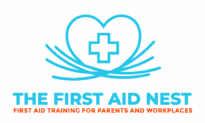Mental Health and First Aid: How to Support Someone in Crisis
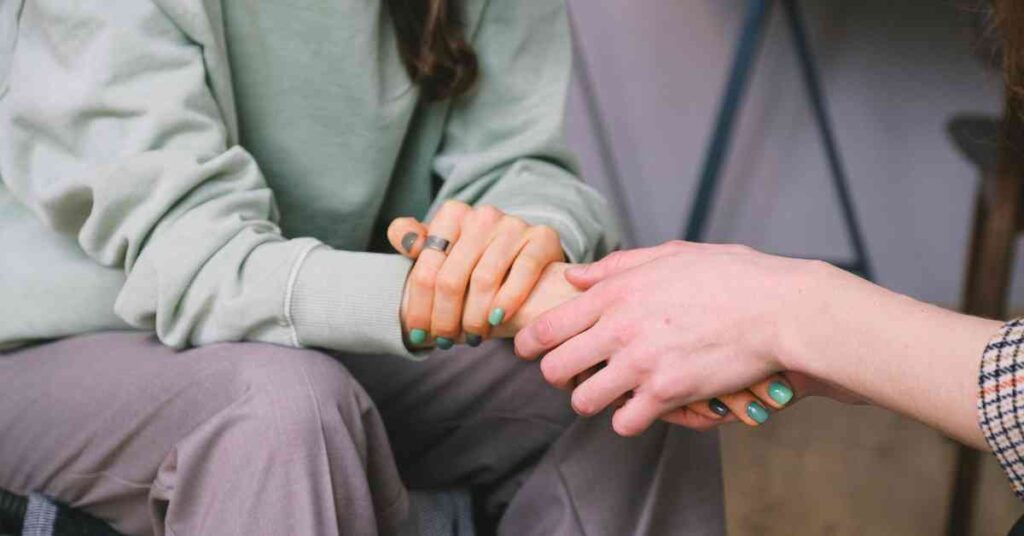
Mental health is just as important as physical health, yet many people feel unsure about how to help someone who is struggling. Knowing the basics of mental health first aid can help you recognise when someone is in distress, offer immediate support, and guide them to professional help. Whether it’s a friend, family member, or colleague, being prepared to respond with empathy and understanding can make all the difference.
This guide will cover the importance of mental health first aid, how to recognise signs of a mental health crisis, and the steps you can take to provide support.
What Is Mental Health First Aid?
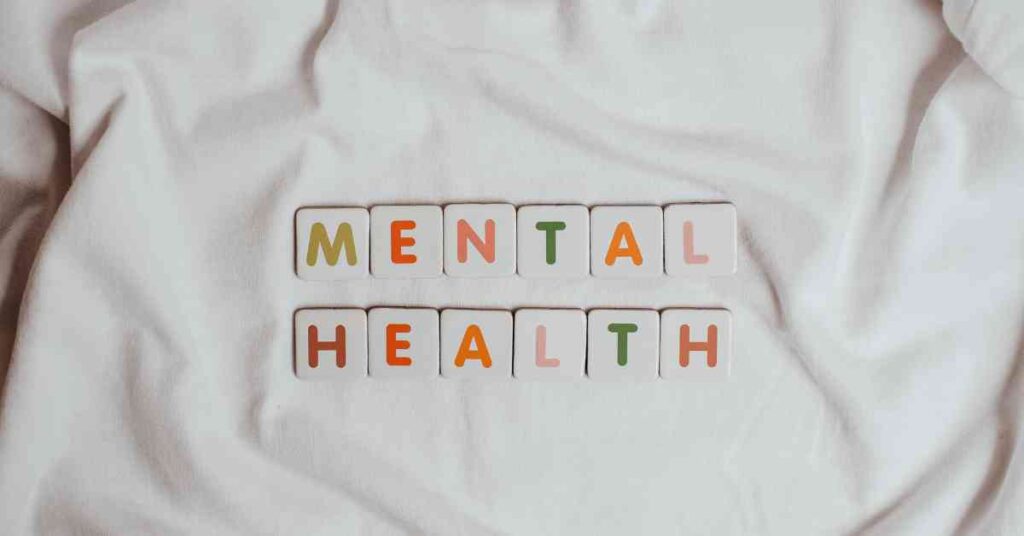
Mental health first aid involves recognising the signs of mental health challenges and responding in a way that provides immediate care. Just like physical first aid, mental health first aid is not about diagnosing or treating someone—it’s about offering support until professional help can be arranged.
Situations where mental health first aid can help include:
- Anxiety or panic attacks
- Depression and suicidal thoughts
- Traumatic experiences
- Substance use crises
- Psychotic episodes
Recognising the Signs of a Mental Health Crisis
Identifying when someone is struggling can sometimes be challenging, but there are common signs to watch for:
- Changes in Mood or Behaviour: Look for extreme sadness, irritability, or sudden withdrawal from social activities.
- Difficulty Coping: The person may seem overwhelmed, unable to focus, or unusually quiet.
- Changes in Sleep or Appetite: A noticeable difference in sleeping or eating patterns can indicate distress.
- Expressions of Hopelessness: Statements like “I can’t go on” or “Things will never get better” may signal suicidal thoughts.
- Physical Symptoms: Frequent headaches, stomach aches, or other physical complaints without a clear cause.
If you notice these signs, it’s important to check in and offer support.
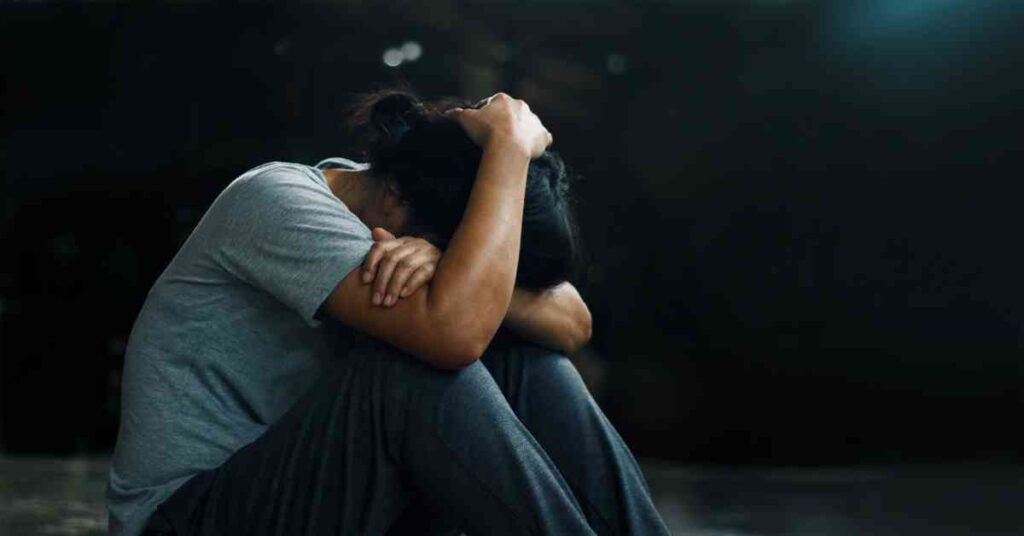
Steps for Providing Mental Health First Aid
1. Approach with Care and Compassion
- Choose a private, quiet place to talk.
- Use a calm and non-judgemental tone.
- Start with open-ended questions like, “I’ve noticed you seem upset. Do you want to talk about it?”
2. Listen Without Judgement
- Let the person express their feelings without interrupting or offering solutions.
- Avoid saying things like, “It’s not that bad” or “You’ll get over it.” Instead, acknowledge their emotions by saying, “It sounds like you’re going through a lot right now.”
3. Provide Reassurance and Support
- Remind them that it’s okay to ask for help and that they are not alone.
- Offer simple support like sitting with them, helping them make a phone call, or staying close if they feel unsafe.
4. Encourage Professional Help
- Suggest seeing a doctor, counsellor, or psychologist.
- Help them connect with resources like a mental health hotline or local services. In Australia, you can recommend Lifeline (13 11 14) or Beyond Blue (1300 22 4636).
5. Stay with Them in a Crisis
- If the person is at risk of harming themselves or others, do not leave them alone.
- Call emergency services (000 in Australia) if the situation becomes life-threatening.
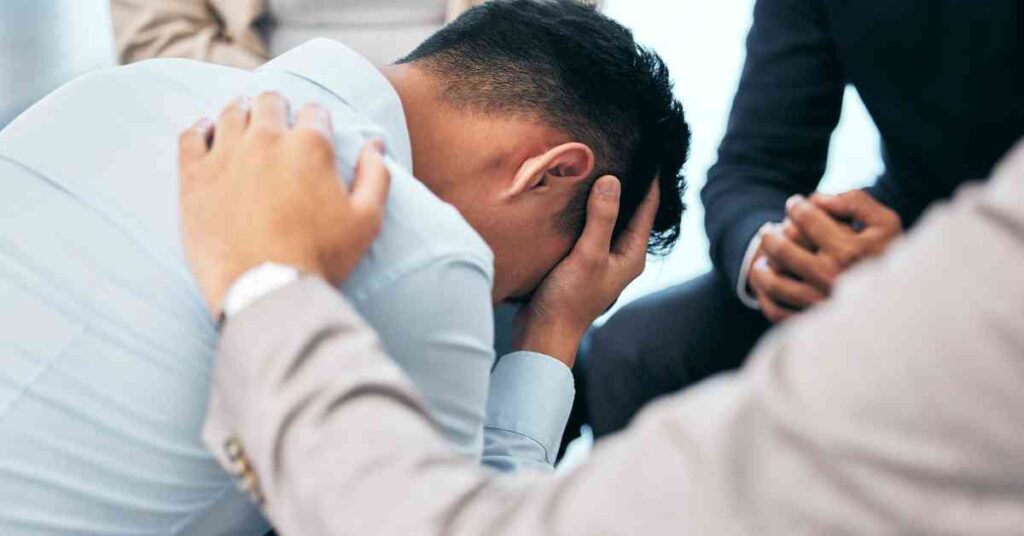
How to Support Someone Long-Term
Mental health first aid is about offering immediate help, but long-term support is also important. Here are some ways you can continue to help:
- Check In Regularly: Send a message or arrange to meet for coffee to let them know you care.
- Respect Their Boundaries: Be supportive without being overbearing.
- Learn About Mental Health: Educating yourself about mental health issues can help you offer better support.
- Be Patient: Recovery takes time, and setbacks are common.
Why Mental Health First Aid Matters
Mental health challenges affect millions of people, yet stigma often prevents individuals from seeking help. By learning mental health first aid, you can create a safe space for someone to open up and take the first step toward recovery. Your support could help them feel seen, valued, and hopeful.
Want more? We’ve got you covered…
Our Baby First Aid Courses
Our baby first aid courses are available in person in your home and online. We run classes in your home with groups of 2, 4 or up to 10 in Sydney & Melbourne and you can book in 3 easy steps!
- Pick your class
- Follow the prompts to purchase
- We will contact you within 24 hours to lock in your date of choice
Our First Aid Certificate Courses
We run most of the popular first aid courses Australia wide. HLTAID011 Provide First Aid, HLTAID009 Provide CPR, HLTAID012 Provide First Aid in an Education & Care Setting, RAMOAP (anaphylaxis), Mental Health first aid and CPR/LVR to name a few.
Book your public spot online or contact us if you have a group of 5+ people for onsite training.
Here are some other resources you may enjoy!
FREE GUIDE: Your Virtual Baby First Aid Kit
FREE GUIDE: Introducing Common Allergy Foods & Allergic Reactions
FREE Workplace Emergency Preparedness Plan: Grab this at the bottom of every page!
Follow for baby & child first aid and allergy info and tips on Instagram & TikTok, all @thenestcpr
